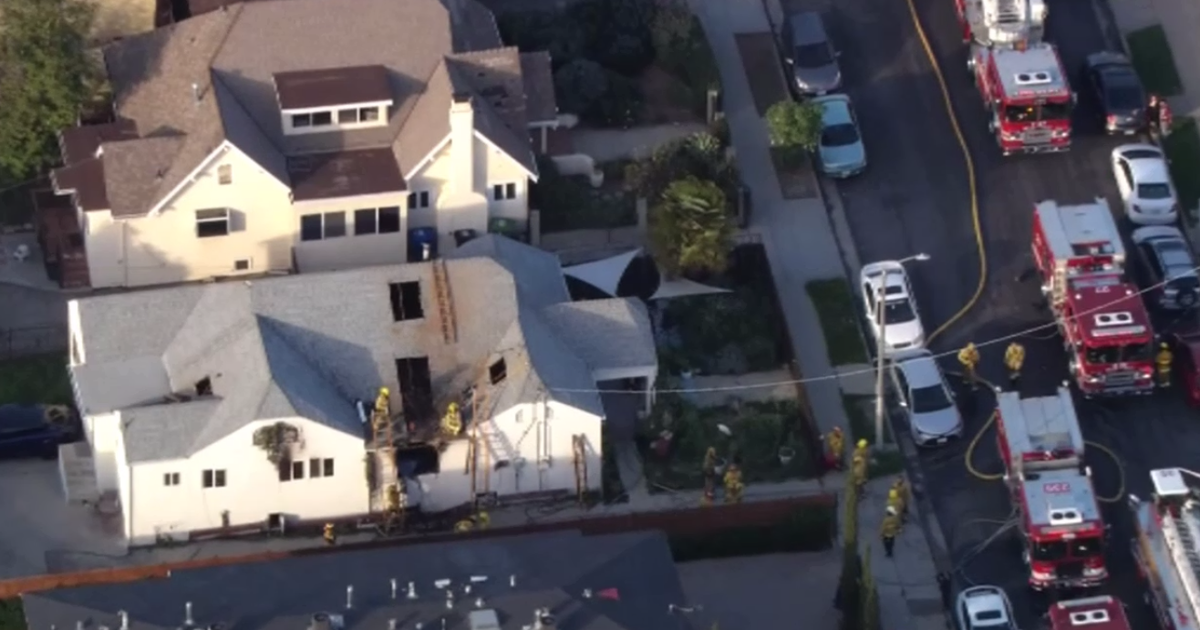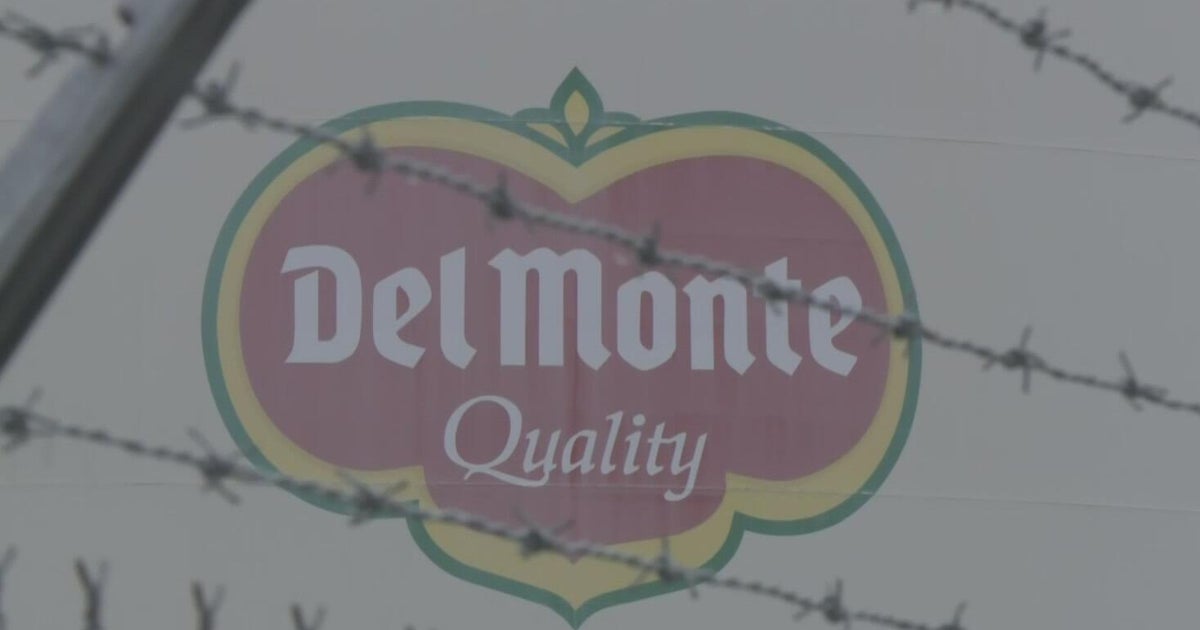California's fire losses this year likely to set record
With 17 big blazes burning across California, fire damage – both insured and uninsured – is likely to set an all-time record there this year.
The Mendocino Complex is now the largest conflagration ever recorded in California, joining the Carr and Yosemite fires, as well as a host of others that have become "the most destructive blazes in the state's history," said Robert O'Brien, managing director of the Property Claims Practice at Marsh, one of the largest insurance brokers worldwide.
As new fires erupt each day – fueled by heat, brush, carelessness and the occasional firebug – there's no way to calculate the total cost right now. The latest and most devasting one, the Mendocino Complex, has already wiped out more than 100 homes and threatened 10,000 more structures. California Gov. Jerry Brown could only promise that "it's going to continue to get worse."
But just how much worse? The Carr Fire that scorched Redding, California, and took six lives will cost about $1.5 billion, said spokesperson Janet Ruiz of the Insurance Information Institute, which monitors fire losses. She said estimates for last year's California wildfires totaled $10 to $12 billion for both insured and uninsured losses. Prior to that, you would have to go back to 2007, when the state's costliest fire losses were just under $4 billion. Fire insurance usually pays between half and two-thirds of the total cost.
Most of the damage caused by the California fires is to homes located in semi-rural or suburban areas on the outskirts of cities where brush, grass and trees comprise extremely flammable kindling. The overheated winds blowing on these 100-plus degree days emit embers that land on the rooftops of these homes.
"The approximate number is that 1,300 structures are damaged and destroyed in the Carr Fire alone," said spokesperson Nicole Mahrt-Ganley of the Property Casualty Insurers Association of America, who is basing her estimate on the latest report from the Governor's Office on Emergency Services.
Fires are nowhere near a homeowner's most frequent claim, instead ranking fifth behind wind and hail, water damage caused by leaky pipes and roofs, and even theft. But fires are the costliest, averaging more than $50,000 a claim, according to the Insurance Information Institute.
Since the fires are mainly in residential areas, insurers say that they've received few claims – as yet – from businesses and commercial establishments. "The wildfires in California are among the most destructive in the state's history," said Marsh's chief claim officer, Srivatsan Sridharan. "However, from a commercial perspective we have yet to see many claims. We're aware of some utility and retail losses, mostly related to ingress/egress and smoke-related issues."
But Sridharan warned that business interruption losses, such as employees being unable to get to work, need more time to develop, so more claims could be filed.
Fires may move fast, but losses take time to pile up. Clearing debris after a fire can cost, on average, nearly half of the total cost of a disaster, said Patrick Knapp, vice president of response operations at consulting firm Witt O'Briens. Of the $98.3 million Gov. Brown has requested from the federal government, nearly $71 million will go for cleanup, Knapp said.
Environmental disasters aren't unique to either California or the U.S., and neither are fires, according to Impact Forecasting, a catastrophe model development program of Aon Reinsurance Solutions, one of the world's largest insurance brokers. Its report showed that many countries saw a worsening in drought-related and wildfire conditions during July, leading to "hundreds of deaths and a $3 billion Euro ($3.48 billion) economic loss in Europe alone, which is suffering from a long-term rainfall deficit."
Aon's report said that the deadliest European wildfire on record since 1900 took place this summer in the Attica region of Greece, killing 92 people.





